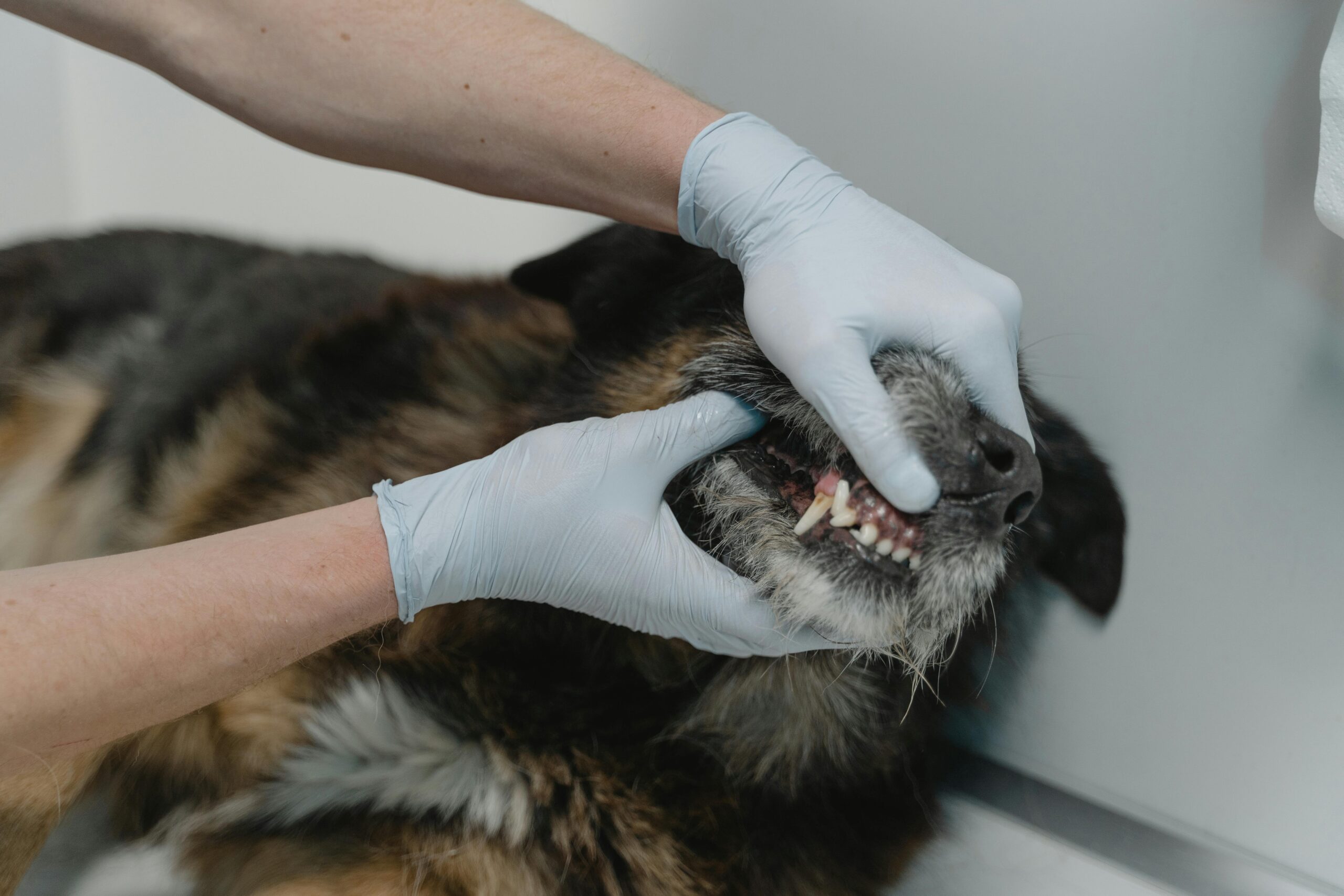
24 May Recognizing the Signs of a Tooth Abscess in Your Dog: A Guide for Pet Owners
As a devoted pet owner, you’re undoubtedly attuned to your dog’s well-being. Dogs, like humans, can suffer from dental issues, and one particularly painful problem is a tooth abscess, also referred to as a tooth infection. This condition can cause significant discomfort and lead to more serious health problems if left untreated. At our Animal Dental Care and Oral Surgery we want to help you recognize the signs of a tooth abscess in your dog, so you can seek prompt care and ensure your furry friend remains healthy and happy.
What is a Tooth Abscess?
A tooth abscess is a pocket of pus caused by a bacterial infection. It typically occurs when bacteria invade the tooth through a fracture or periodontal disease, leading to an infection at the root of the tooth. This infection can cause severe pain and swelling.
Common Signs of a Tooth Abscess in Dogs
Swelling
Swelling around the face, particularly under the eye or along the jawline, is a common sign of an abscessed tooth. This swelling can be a visible lump or simply an area that feels warm and tender to the touch.
Halitosis (bad breath)
One of the earliest and most noticeable signs of a tooth abscess is foul-smelling breath. While some degree of bad breath is common in dogs, a sudden or unusually strong odor could indicate an infection.
Pain and Sensitivity
Dogs with a tooth abscess will often show signs of pain. They may be reluctant to eat, especially hard foods, or chew on their favorite toys. You might notice them pawing at their mouth, drooling excessively, or showing signs of discomfort when their face is touched.
Changes in Eating Habits
Due to the pain associated with an abscess, your dog might refuse to eat or may favor one side of their mouth when chewing. They might also drop food from their mouth or chew more slowly than usual.
Behavioral Changes
Pain from a tooth abscess can cause behavioral changes in your dog. They might become more irritable, withdrawn, or less playful. Some dogs may also become reluctant if you try to examine their mouth.
Lethargy
An abscess can cause your dog to feel unwell, leading to lethargy or a lack of interest in normal activities. They might seem tired, less active, and less responsive to your usual cues.
Visible Damage to Teeth or Gums
If you’re able to safely look into your dog’s mouth, you might notice visible signs of damage such as broken teeth, red or inflamed gums, or a noticeable draining tract.
What to Do if You Suspect a Tooth Abscess
If you observe any of these signs, it’s crucial to seek veterinary care promptly. A tooth abscess is a painful and potentially serious condition that requires professional treatment. Your veterinarian will likely perform a thorough oral examination, take x-rays, and CT to determine the extent of the problem.
Treatment and Prevention
Treatment typically involves either root canal therapy or dental extraction. Antibiotics and pain medications can be used in the short term while awaiting surgery, but once the tooth is treated, antibiotics are usually not needed!
Preventing tooth abscesses involves regular dental care and preventing your pet from chewing on items that are too hard. Brush your dog’s teeth regularly with a toothpaste formulated for pets daily, provide safe dental chews to help reduce plaque and tartar, and schedule routine dental check-ups with your veterinarian.
Being vigilant about your dog’s dental health is essential for their overall well-being. By recognizing the signs of a tooth abscess and seeking timely veterinary care, you can help ensure your dog remains happy, healthy, and pain-free. If you have any concerns about your dog’s dental health, don’t hesitate to contact Animal Dental Care and Oral Surgery. We’re here to provide the best possible care for your furry friend.



